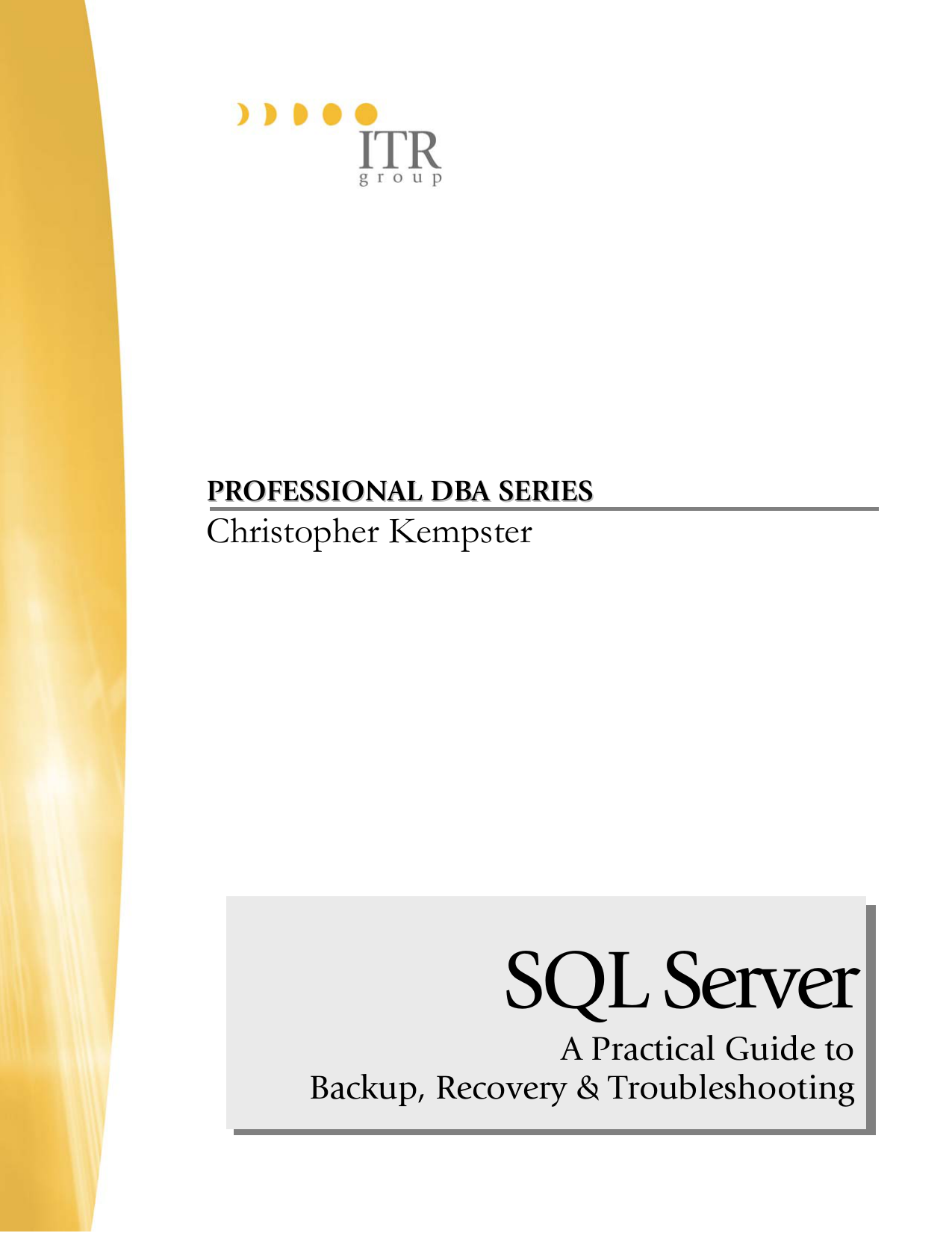C# - Extract objects from SQL Command; SSIS - Missing SSIS toolbox in Visual Studio; SSIS - Remove time part from a date time value; SSIS - Convert a variable value to expression; SSIS - Do I need to do a metadata refresh when add. SSAS - Efficient way to process a multidimensional. SSIS - Find first day and last day of previous wee. First released in 1991, Microsoft Visual Basic was a programming environment where one could build an application by visually creating the user interface first, and then adding code. In contrast, even the smallest Visual Basic basic programs could take reams of program code to write in C or C. Visual Basic was extremely popular for business application programming. The language itself was an.
Posted Feb 10, 2003

By DatabaseJournal.com Staff
James HorneVb6 Missing Microsoft Dts Package Object Library File
Overview
Data Transformation Services (DTS) remain an important toolin the arsenal of database administrators and web designers that need to movedata between data repositories. These repositories can include SQL Server 2000,a variety of other databases as well as text files, and Excel files. You'realso being compelled to move towards the Visual Studio .NET framework as youmove forward with software development based on the Microsoft platform. Therefore,you will invariably run into the problems outlined below.
With ten minutes of cleanup, you can use a DTS packagegenerated by SQL Server 2000 within the Visual Studio .NET framework. You'llhave all the benefits of running in the Visual Studio .NET framework, and beable to programmatically control the behavior of the DTS package. This articlewill get you there quickly while navigating a path that isn't always straightforward.
There are two important reasons why you'll want to do this.
- The .NET environment provides the common language runtime (CLR)with improved memory management. Utilizing the CLR is critical in a web-basedapplication that needs to run for multiple days without running out of memory.
- If you develop your web application against a development SQLServer and then run it against a production SQL Server, you'll find itcumbersome to configure the data source/destination of a DTS package saved asmeta data or in structured storage. However, you can easily configure the dataconnections in your saved VB package to reflect the various stages of yourrelease process.
The rest of this article explains exactly how to do thisupgrade, and then how to apply some of the common edits required to bring thecode completely up to standard. Microsoft has also provided documentation onthe changes to the VisualBasic language. You can also reference VisualBasic .NET upgrade guide. or UpgradingApplications Created in Previous Versions of Visual Basic for furtherinformation.
Introduction
Vb6 Missing Microsoft Dts Package Object Library Access
Microsoft has built an upgrade tool into the .NETenvironment to migrate old VB code into the CLR of the .NET framework. You willneed this tool since SQL Server 2000 service pack 2 still generates VB codetargeted to Visual Basic 6.0. This code makes assumptions that are not valid inthe .NET framework
As a test case,I created a very simple DTS package that reads two columns from one text fileand writes the exact same columns into another text file using a Transform DataTask. The compiler errors in this article are typical. You may get differentor additional errors depending on how you've set up your package.

Upgrade Steps:
- UseSQL Enterprise Manager to edit your DTS Package and make sure that it works. Ipersonally like to get things working as well as possible in this environmentbecause it's harder to manually make changes to the saved VB package.
- Savethe package as a VB program dtsPackage.bas. (You can use any name.)
- Createa VB .exe project in Visual Basic 6.0.
- Referenceinto the new project 'Microsoft DTS Custom Tasks Object Library,' 'Microsoft DTSDataPumpScripting Object Library,' and 'Microsoft DTSPackage Object Library.'
- IncludedtsPackage.bas in the new project.
- Compileand run the project. This will give you confidence that the package will reallywork in the Visual Basic 6.0 environment.
- Save/closethe project.
- LaunchVisual Studio .NET.
- Openthe 6.0 project from Visual Studio .NET. This will automatically invoke theupgrade wizard. The upgrade wizard will do the following:
- Create a new project folder and copy all the relevant VisualStudio 6.0 files into this folder.
- Create a new project and solution file.
- Create Interop dll's for each COM library that was referenced bythe Visual Studio 6.0 project.
- Upgrade dtsPackage.bas as well as any other VB code in theproject. The upgraded code has hyperlinks to guide you to more descriptivedocumentation about the nature of the problems found.
- Create an upgrade report that summarizes what happened in theupgrade (_UpgradeReport.htm).
- Fix the remaining errors asoutlined below.
- Compile/run the projectwithin Visual Studio .NET.
Note: Creation of Interop DLL's
All the referenced DTS dlls shipped with SQL Server 2000 runas COM libraries. To interface these libraries into the Visual Studio .NETenvironment, wrapper dll's are created which provide the necessary metadatainformation required by the common language runtime to interface with the DTSCOM libraries. (Interop.DTSCustTasks.dll, Interop.DTSPump.dll, andInterop.DTS.dll) The good news is that these wrappers are provided for free bythe upgrade tool. MoreInfo

Microsoft Vb6 Runtime

| Latest Forum Threads | |||
| MS SQL Forum | |||
| Topic | By | Replies | Updated |
| SQL 2005: SSIS: Error using SQL Server credentials | poverty | 3 | August 17th, 07:43 AM |
| Need help changing table contents | nkawtg | 1 | August 17th, 03:02 AM |
| SQL Server Memory confifuration | bhosalenarayan | 2 | August 14th, 05:33 AM |
| SQL Server – Primary Key and a Unique Key | katty.jonh | 2 | July 25th, 10:36 AM |